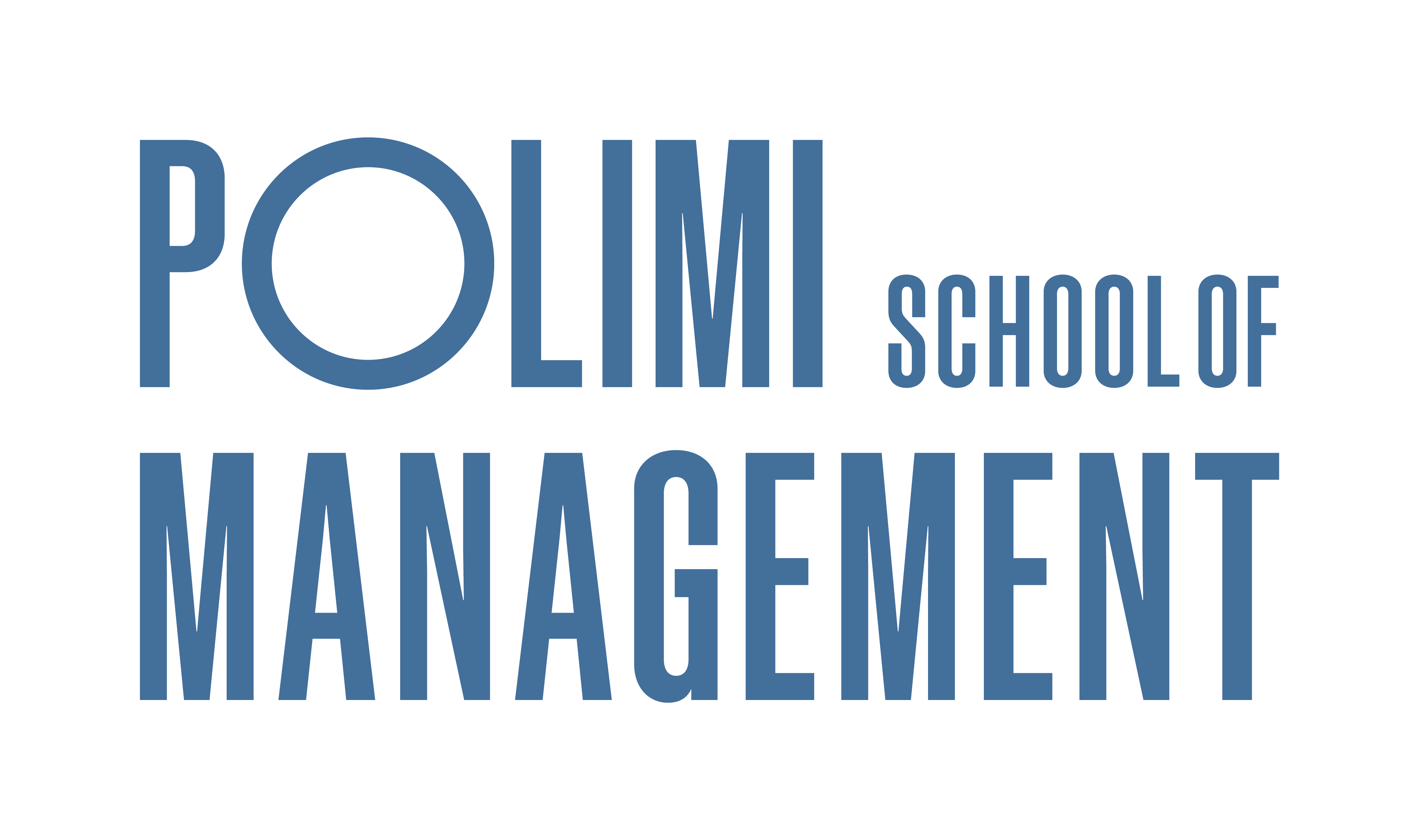
Give citizens a seat at the table
by Mario Calderini & Angela Simona.
Nature, 1st april 2021
Every day, the COVID-19 crisis reminds us of how crucial research and innovation are in rising to global challenges. And yet, it also reminds us that they are not enough.
Tackling a complex problem such as a pandemic also requires a fine-grained analysis of its social impacts. The same is true for climate change, the energy transition, or the digital revolution driven by Big Data and AI. As taxpayers who fund research, and as beneficiaries of its results, citizens have the right to see their needs, expectations and values taken into account – and to be engaged at all stages of science and technology. This may make the response more complex, but also more just, inclusive and responsible.
Although rarely used in Italy, participatory methods have been extensively tested across the world to involve citizens in research and decision-making. These methods belong to two main families: technology assessment, that relies on structured dialogues with citizens to assess the impacts of new technologies on society1 2 3; and deliberative democracy, in which randomly selected citizens directly participate in decision-making through informed discussions.
Common examples are citizens’ juries or ‘mini-publics’, that gather a representative sample of the population to deliberate collectively, after meetings that can last from one day to several weekends. This approach has proven effective when deciding also on controversial ethical issues. More recently, in Canada, France, UK and Scotland, these methods have been used to produce collective public policies on climate change, at times during the pandemic, replacing in-person meetings with online deliberation processes4.
Participatory methods are increasingly being recognized by the European Union. Citizens will be involved in grounding the five Missions Areas at the core of its new ‘Horizon Europe’ research programme, through consultations and structured participatory processes similar to mini-publics. Citizen engagement approaches have also been applied in several projects funded by the European Commission, recently to set the regional research agendas, in Catalonia, Brussels-Capital and Lombardy within the TRANSFORM project.
In line with the latter experience, three years ago the Lombardy Region established the Regional Forum on Research and Innovation, an independent board of 10 international advisors on the responsible governance of research and innovation, through citizen engagement and social innovation. The forum, among other tasks, has also elaborated a set of Flash Recommendation for the COVID-19 emergency, well beyond the regional scope5, focusing on transparent communication, and on engaging citizens for concrete solutions to tackle the emergency.
These are all relevant steps forward, but more can be done. One viable option is social innovation and entrepreneurship: the term includes a vast array of entrepreneurial models, such as social cooperatives and B-corps to name a few, suitable to pursue both economic sustainability and social or environmental impact. Scholars are providing more and more evidence about the capacity of social entrepreneurs to direct innovations towards shared societal goals, and to stimulate transformative change. So far, social entrepreneurs have been hardly involved in research and innovation, but they could be intermediaries to tackle social and environmental challenges through economically sustainable solutions.
We hope that the new Italian government can build upon these experiences, and set up robust participatory and co-creation processes for the many complex challenges ahead. To name a few, these include choosing who to prioritize for COVID-19 vaccinations once the most fragile populations are protected; designing concrete actions for an energy transition that does not exacerbate or generate new forms of energy poverty; deliberating on the acceptable impacts of key technologies such AI or genome editing.
The Italian government is about to release the Recovery and Resilience Plan for Next Generation EU, the most important strategic plan for the country in several decades. Research and innovation will be at the centre of the plan, and we call on the government to enforce inclusive and responsible practices in its lines of action. This can include mandatory social and environmental impact assessment (ex-ante and ex-post) for innovation initiative, the inclusion of the third sector in innovation policies, the institutionalization of open and public participation processes for major research projects.
If properly implemented, widespread societal participation is a feasible way to improve transparency and trust in science and innovation, and to turn society’s needs and aspirations into engines of equitable growth for Italy.
Credit: yuoak/ DigitalVision Vectors/ Getty Images





